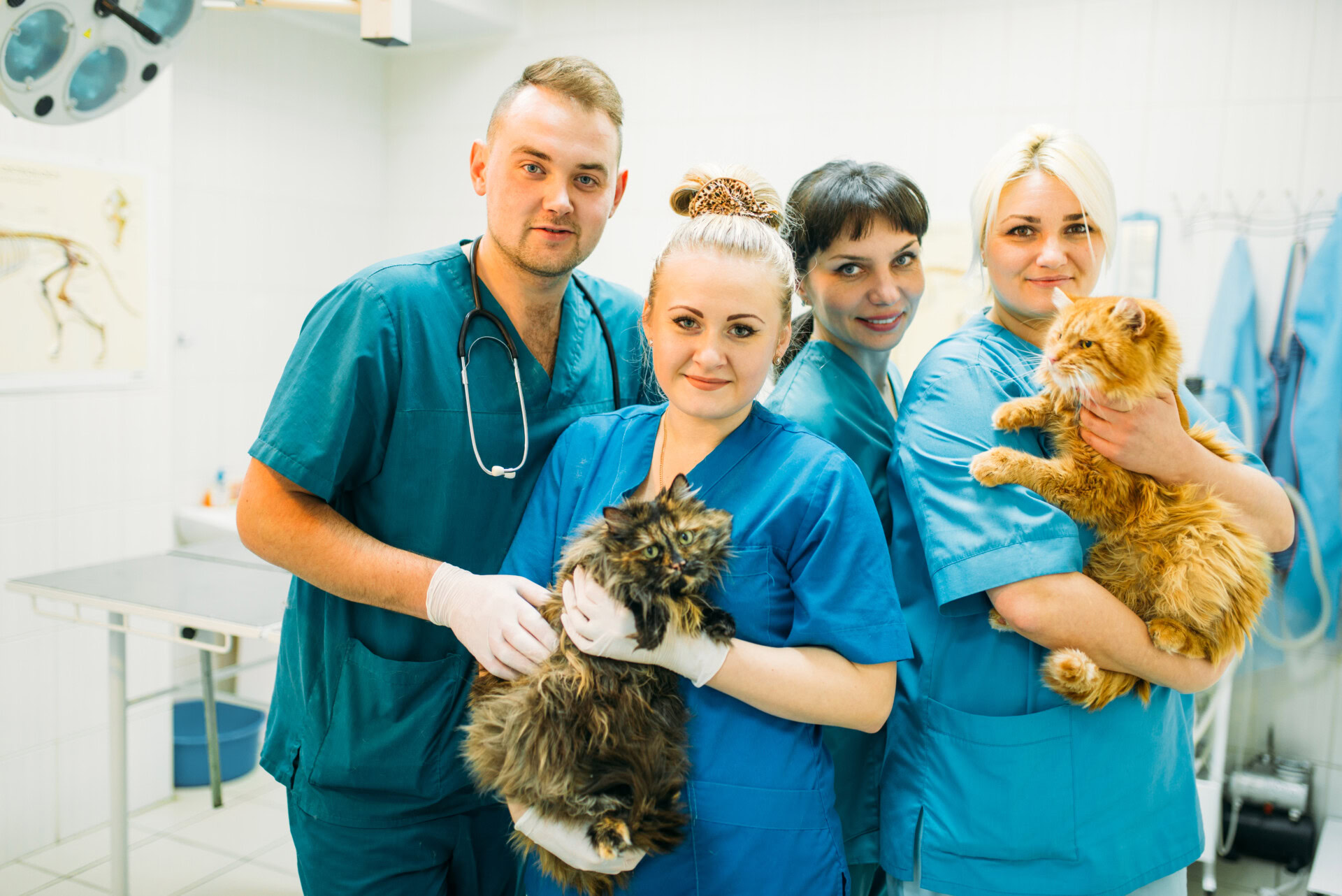Anyone working in – or close to – UK veterinary practice is all too aware of how the relentless pressure on practice teams can take their toll.
Advances in veterinary science and technology move ever faster and, with it, client expectations increase so vet practices must work hard to keep up.
Staff shortages compound already high workloads – these factors are top of the list of the challenges facing the veterinary profession. The impact of that pressure is borne out by wellbeing indicators too.
Every five years, the FVE carries out a health check of vet businesses across Europe and its most recent survey (2023)1 found that the vast majority of vets – more than 90% – describe themselves as stressed.
In a questionnaire completed by more than 12,000 professionals across 37 countries, almost a quarter (23%) admitted they had to take more than two weeks off work due to depression, burn-out, exhaustion or compassion fatigue in the preceding three years.
That adds up to a serious mental health burden and one that any responsible sector cannot ignore. Left unchecked, long-term work stress – or distress – in clinical teams goes hand in hand with a very real threat to animal care and, ultimately, business success.
Being closely connected with the veterinary community is part of Agilio’s DNA. We recognise the importance of doing more than simply warning about the dangers of stress and burnout. We want to help practices take steps to actively create a positive practice culture.
That’s why we have created a whole strategy to help vet businesses turn their attention to their most important assets – their staff.
TORKing up culture
Agilio is rolling out a ‘TORK programme’ – a package of support for practice teams. It is built around 4 pillars that encourage:
T – teamwork
Only colleagues truly understand the challenges that fellow veterinary professionals face – they are a key resource in building resilience. Encourage teams to talk, build trust and support one another. This will counter any feelings of isolation that can lead to burnout. Working together will also mean pets get the best possible care. When teams feel supported and appreciated, they can focus on what really matters: providing best compassionate high-quality care.
O – openness
Listen to ideas and learn from challenges. If you can do this without placing blame on individual practice staff members, you’ll learn how to tweak and improve operations to smooth customer experience and reduce complaints that would otherwise grind down morale. Being open to feedback offers the chance to improve care for future patients.
R – Respect
Value every role in the practice and at different commitments and promote a healthy work–life balance. Offer and value flexible work options – part-time, maternity leave and semi-retirement options for staff who want to continue practising in a modified way. Offer virtual shifts so that staff can do administrative work from home, offer telehealth consultations and get a break from the clinic.
K – Kindness
How we treat each other is just as important as how we treat our patients. Support each other through busy or difficult days. Watch stress levels. Make sure staff take their breaks. Proactively staff support mental health and wellbeing. A happy team means better care for patients.
Resources
The Tork programme is supported by the following tools and resources that practices can use to enable healthier cultures:
- A health check quiz – a self-assessment tool to assess practice culture
- A poster to showcase values and staff. These spell out the message that happy team = better care for your pets
- A team debrief template for practice leaders and teams to run supportive, no-blame debriefs after tough case
- A social media template for practices to use in their own social channels, allowing them to champion different team members and roles
Coming soon on iLearn veterinary
- A course on ‘The Importance of Positive Practice Culture’ – allows practices to explore the significance of a positive practice culture and provides actionable strategies for fostering an environment where all team members thrive.
Ultimately, we believe a positive culture helps staff communicate clearly with clients and each other, stay calm and focused in emergencies. and deliver consistent, reliable care for every patient.
By working together, we can create practices where both pets and people thrive.

- SURVEY OF VETERINARY PROFESSION IN EUROPE 2023, Federation of the Veterinarians of Europe and CM Research. ↩︎

